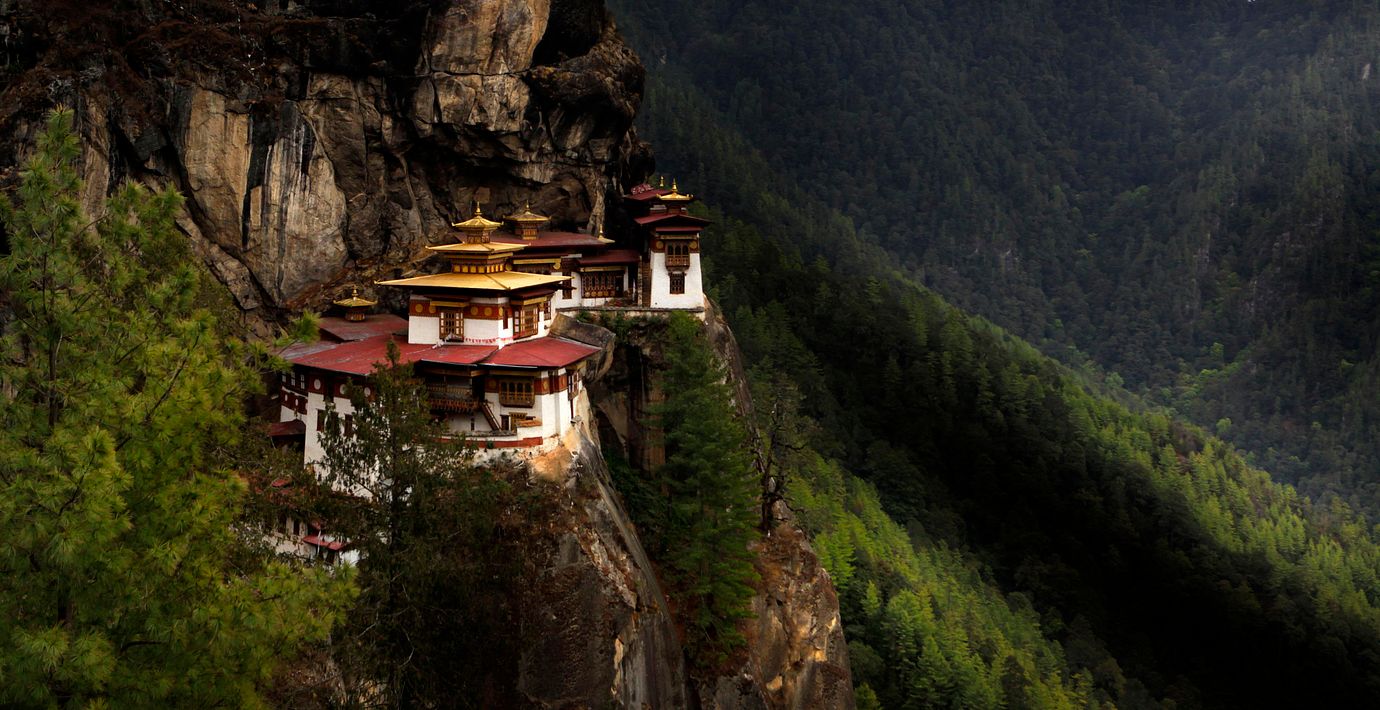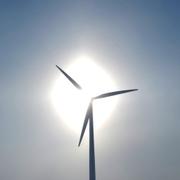
Vad kan resten av världen lära av landet med minusutsläpp?
Det lilla kungadömet Bhutan, inklämt mellan Indien och Kina, är ett av världens grönaste länder i flera bemärkelser. Landet är täckt av stora skogar mellan Himalayas bergstoppar. Dessutom är Bhutan en av de första nationerna som ligger på minus när det kommer till koldioxidutsläpp – landet binder mer än det släpper ut i atmosfären.
Orsakerna är flera och just träd är en av dem, skriver CNN. Skog, som fungerar som en naturlig kolfångare, täcker runt 70 procent av landets drygt 38 000 kvadratkilometer stora yta. Enligt landets egna siffror innebär det att man binder nästan tre gånger mer koldioxid än landet producerar.
En annan anledning till de siffrorna har att göra med att Bhutan är relativt outvecklat. En majoritet av befolkningen är bönder och skogsarbetare. Landet har länge varit stängt för omvärlden och tillät till exempel tv först 1999. Men nu vill man som många andra utvecklingsländer få tillgång till mer teknisk utveckling och öka inkomsterna från turism. För att skogarna ska bevaras tar man dock ut en daglig avgift om 250 dollar från turister som vill vandra i de vackra landskapen.
Det finns andra utvecklingsländer med stora grönområden som också lyckas ha minusutsläpp, till exempel Panama och Surinam. Vad som är unikt för Bhutan är att det i konstitutionen står inskrivet att minst 60 procent av landet alltid ska vara täckt av skog. Då kommer man också fortsätta att ha minusutsläpp även om landets utsläpp fördubblas, enligt National Geographic.
Bhutan har, förutom det globala perspektivet, stort eget intresse av att bromsa klimatförändringarna. Landet är med sin natur och vattenkraft känsligt för effekter såsom regnväder, översvämningar och smältande glaciärer. Att landet prioriterar klimatbevarande insatser är därmed ingen slump och något resten av världen kan lära av, menar Matt Finch som är analytiker på brittiska organisationen Energy and Climate Intelligence Unit.
– Bhutan kunde ha sagt att ”vi vill ha mer kontakt med våra grannländer, vi vill ha mer industrialisering, vi vill ha mer ekonomisk utveckling...” men det gjorde de inte, sa han till CNN 2017.
Bhutan
Detta är Omni Passion
Omni Passion är en satsning där vi djupdyker i ämnen som vi – och förhoppningsvis ni läsare – är passionerat intresserade av. Fokus ligger på mänskliga och tekniska framsteg, men även trender och företeelser som kommer att forma den värld vi lever i.
Hittills har vi avhandlat ämnen som människan i rymden, framtidens mat och kampen mot mänskligt åldrande. Vad vill du läsa om härnäst? Tankar, synpunkter och idéer? Mejla till olivia.wikstrom@schibsted.com.



